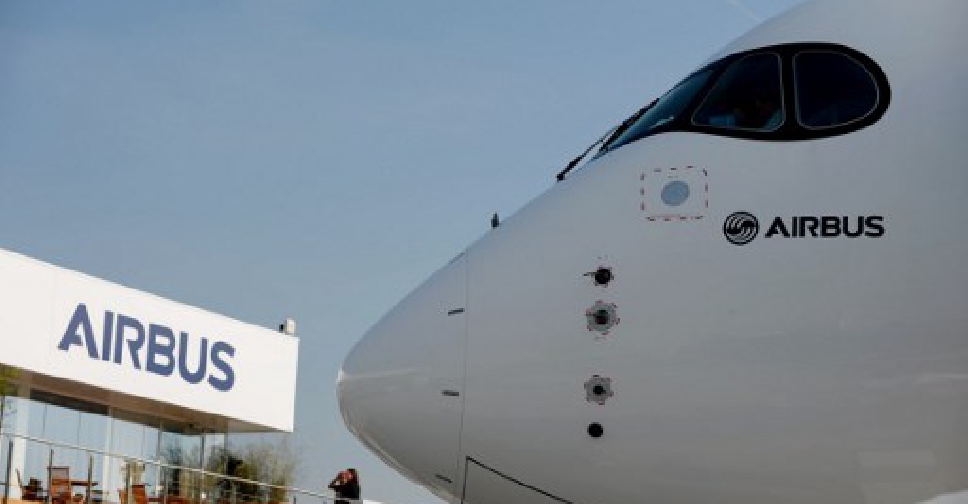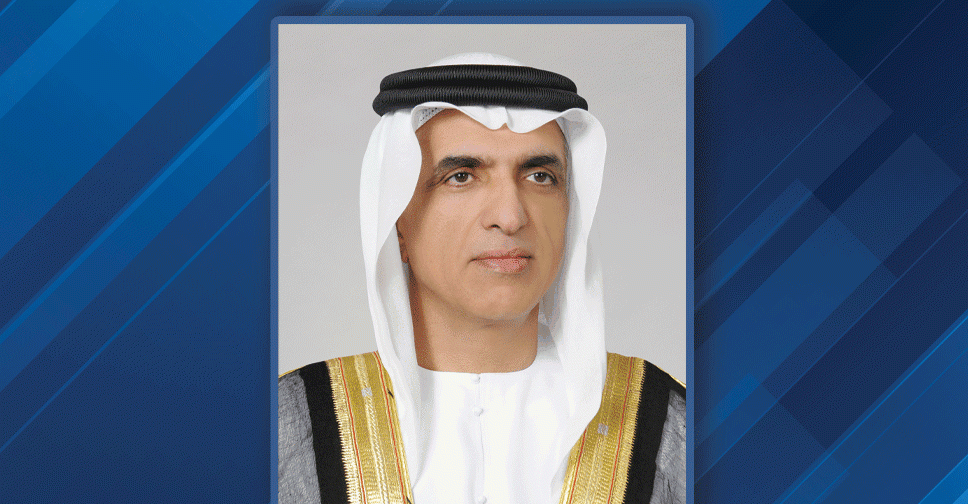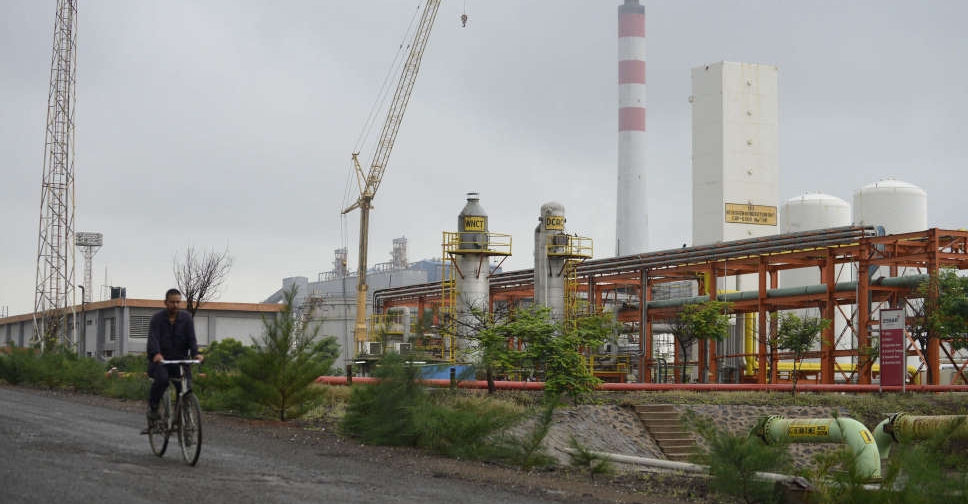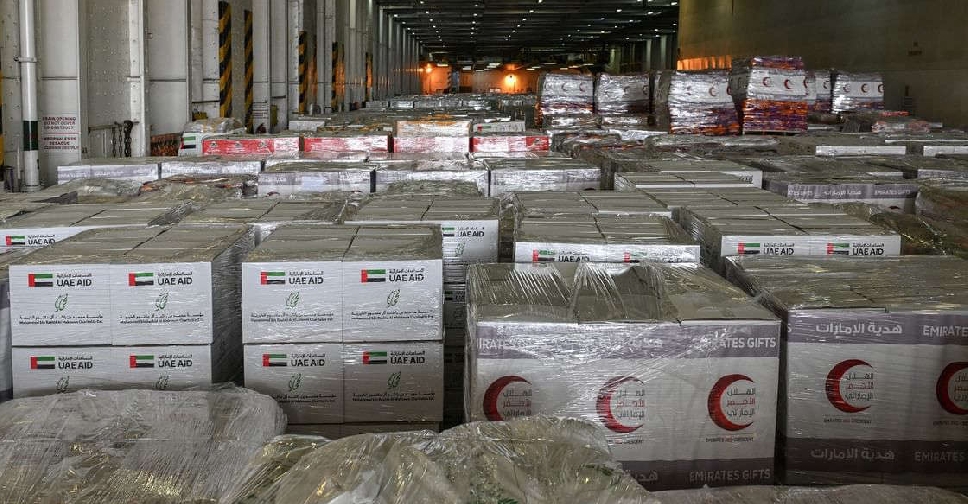
The head of European planemaker Airbus called on Saturday for a "ceasefire" in a transatlantic trade war over aircraft subsidies, saying tit-for-tat tariffs on planes and other goods had aggravated damage from the COVID-19 crisis.
Washington progressively imposed import duties of 15 per cent on Airbus jets from 2019 after a prolonged dispute at the World Trade Organization, and the EU responded with matching tariffs on Boeing jets a year later. Wine, whisky and other goods are also affected.
"This dispute, which is now an old dispute, has put us in a lose-lose situation," Airbus Chief Executive Guillaume Faury said in a radio interview.
"We have ended up in a situation where wisdom would normally dictate that we have a ceasefire and resolve this conflict," he told France Inter.
Boeing was not immediately available for comment.
Brazil, which has waged separate battles with Canada over subsidies for smaller regional jets, on Thursday dropped its own complaint against Ottawa and called for a global peace deal between producing nations on support for aerospace.
Faury said the dispute with Boeing was particularly damaging during the COVID-19 pandemic, which has badly hit air travel and led to travel restrictions or border closures. He expressed particular concern about widening bans within Europe.
"We are extremely frustrated by the barriers that restrict personal movement and it is almost impossible today to travel in Europe by plane, even domestically," he said.
"The priority no. 1 for countries in general is to reopen frontiers and allow people to travel on the basis of tests and then eventually vaccinations."
The comments come as businesses increase pressure on governments to reopen economies as coronavirus vaccine roll-outs gather pace across Europe.
France has defended recently introduced border restrictions, saying they will help the government avoid a new lockdown and stay in force until at least the end of February.
Germany installed border controls with the Czech Republic and Austria last Sunday, drawing protest from Austria and concerns about supply-chain disruptions.
Berlin calls the move a temporary measure of last resort.


 Ras Al Khaimah Ruler supports businesses with licence fee exemption
Ras Al Khaimah Ruler supports businesses with licence fee exemption
 H.H. Sheikh Mohammed: GITEX TechCation to lead global tech scene
H.H. Sheikh Mohammed: GITEX TechCation to lead global tech scene
 Some Indian refiners to move away from Russian oil, sources say
Some Indian refiners to move away from Russian oil, sources say
 Shutdown could cost US economy $15 billion a week, Treasury says
Shutdown could cost US economy $15 billion a week, Treasury says
 Dubai summit to tackle urban challenges, future-ready cities
Dubai summit to tackle urban challenges, future-ready cities




